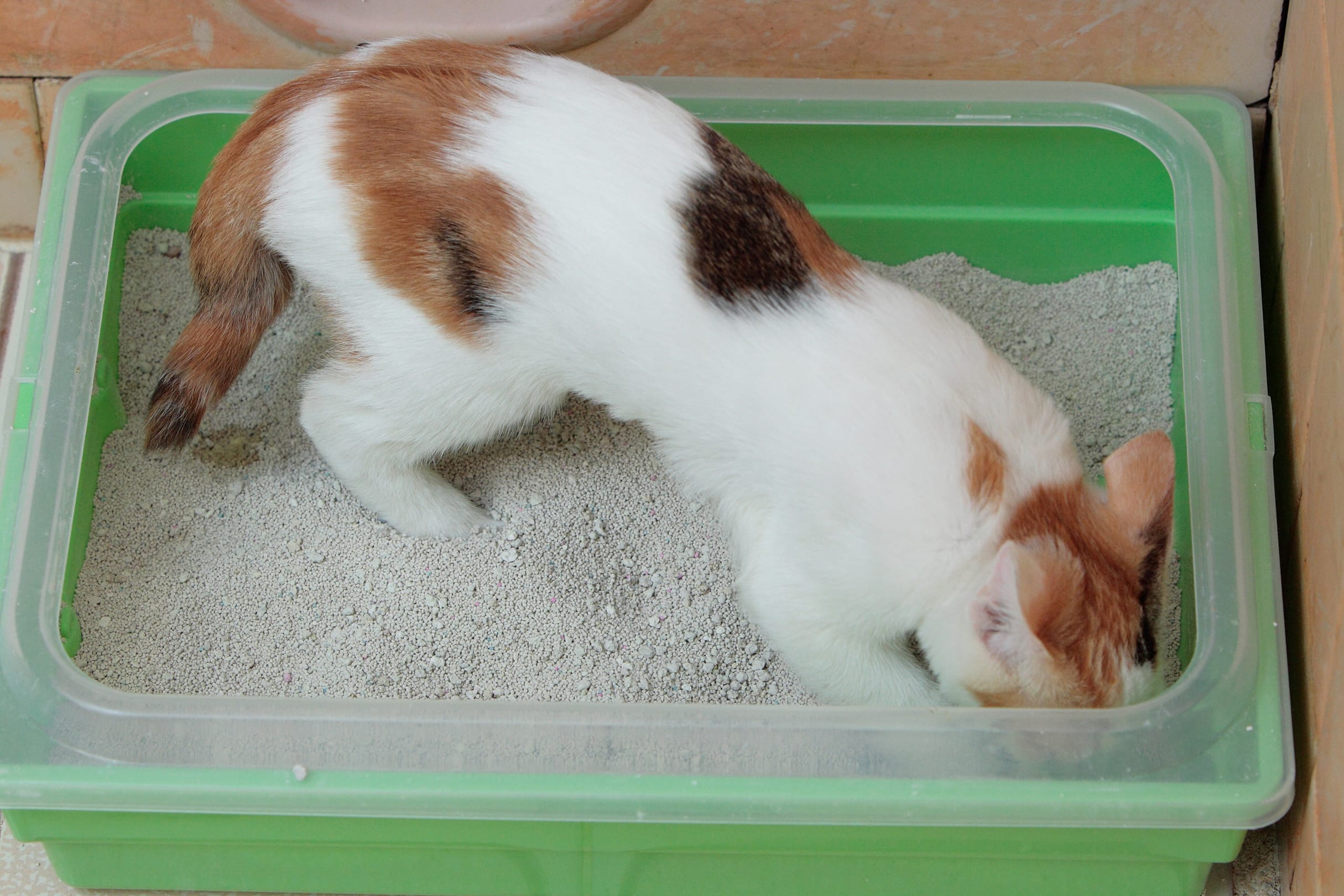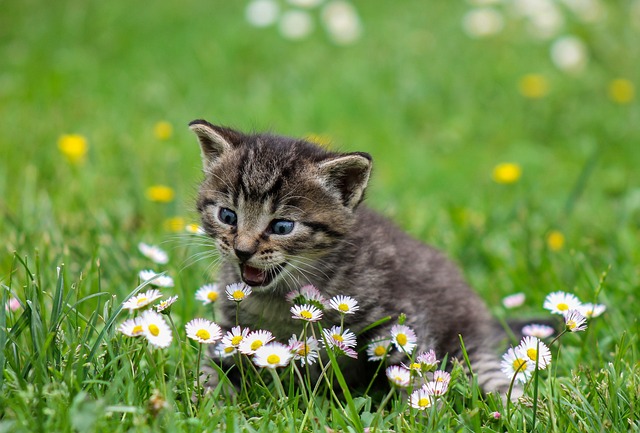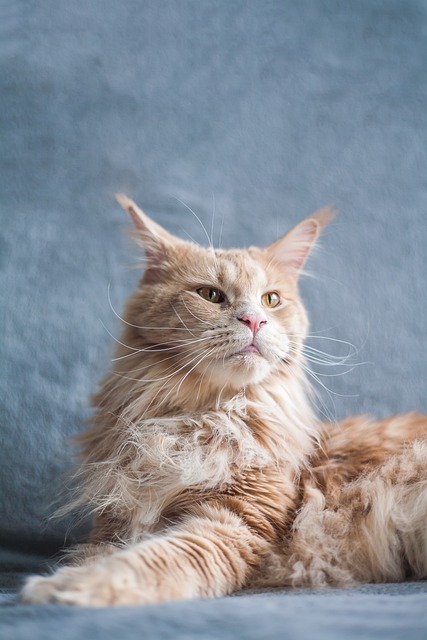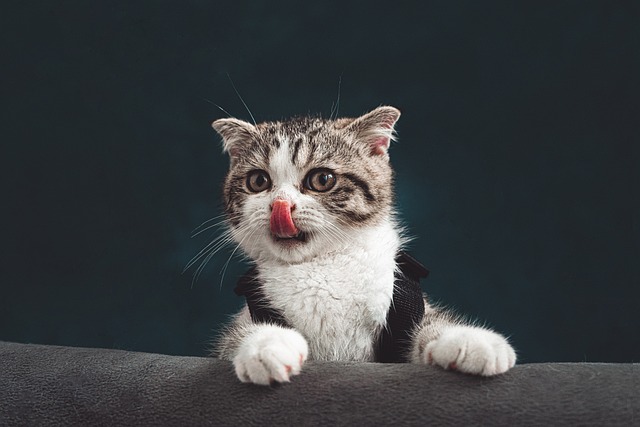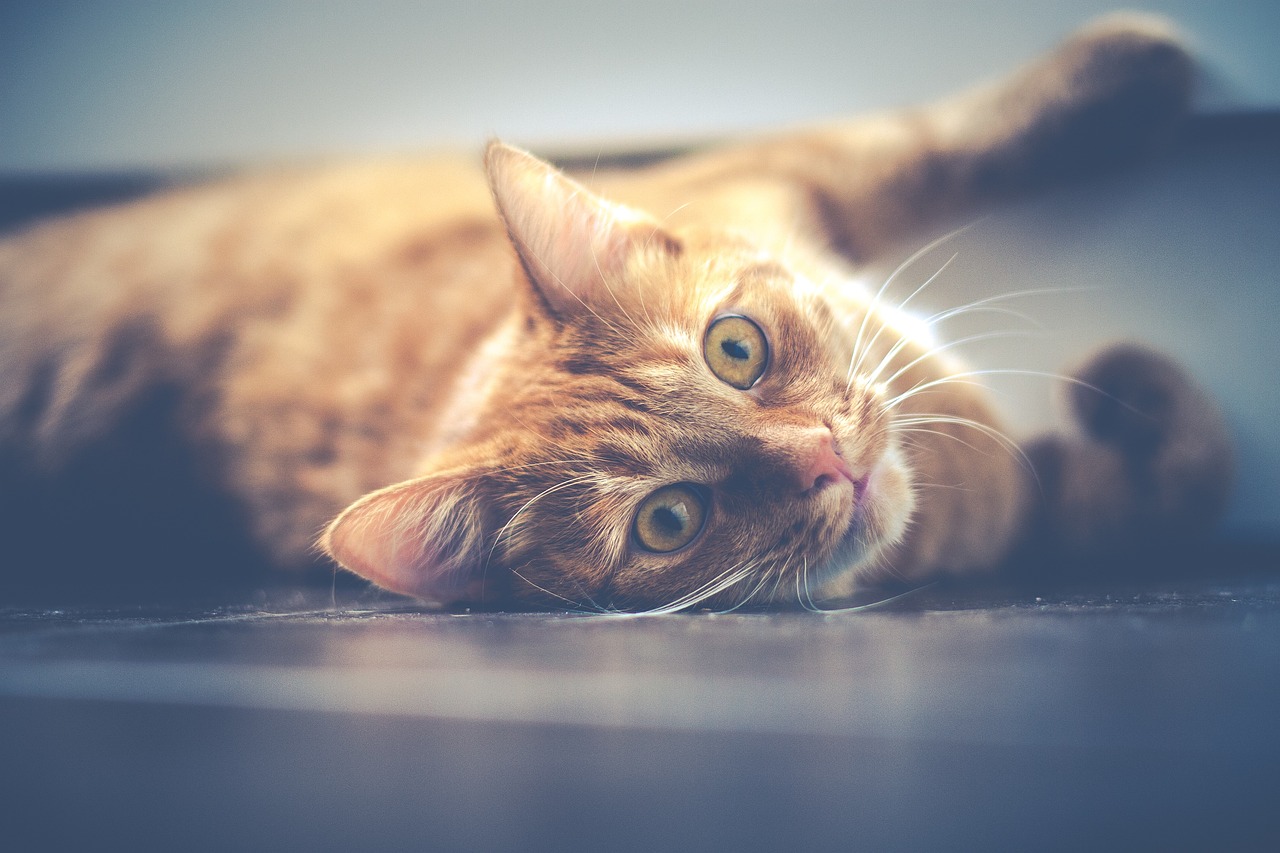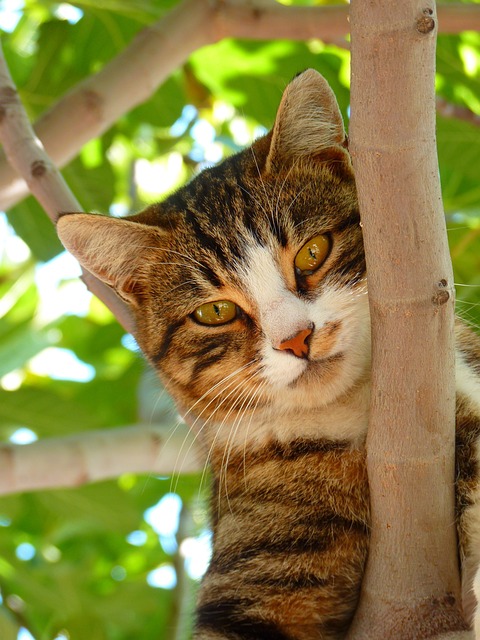Cat diarrhea is a common concern among cat owners, impacting the health and well-being of their feline companions. Understanding the causes, symptoms, and treatment options for feline diarrhea is crucial for effective management and promoting gastrointestinal health in cats. In this comprehensive guide, we’ll explore the various aspects of managing feline diarrhea to help cat owners navigate this challenging condition.
Understanding Cat Diarrhea
Diarrhea in cats is characterized by loose or watery stools and can vary in severity and duration. It is important to differentiate between normal and abnormal stool consistency in cats to identify signs of diarrhea accurately. Monitoring bowel movements and recognizing changes in stool consistency are essential for early intervention and treatment.
Common Causes of Cat Diarrhea
Here are the key factors that can contribute to feline diarrhea:
- Dietary Indiscretion: Cats may experience diarrhea due to consuming inappropriate or spoiled food, eating too quickly, or scavenging for food outdoors.
- Food Intolerance: Certain ingredients in commercial cat food or human foods may trigger gastrointestinal upset and diarrhea in sensitive cats.
- Intestinal Parasites: Infestation with parasites such as roundworms, hookworms, or giardia can lead to diarrhea and other gastrointestinal symptoms in cats.
- Bacterial Infections: Bacterial infections of the gastrointestinal tract, such as salmonella or campylobacter, can cause diarrhea in cats, especially in kittens or cats with weakened immune systems.
- Inflammatory Bowel Disease (IBD): IBD is a chronic inflammatory condition of the digestive tract that can result in chronic diarrhea, vomiting, and weight loss in cats.
- Environmental Stressors: Stressful events or changes in the environment, such as moving to a new home, introduction of new pets, or loud noises, can trigger diarrhea in susceptible cats.
- Medication Side Effects: Some medications, such as antibiotics or nonsteroidal anti-inflammatory drugs (NSAIDs), can disrupt the balance of beneficial bacteria in the gut and lead to diarrhea as a side effect.
- Underlying Medical Conditions: Cats with underlying medical conditions such as kidney disease, hyperthyroidism, or pancreatitis may experience diarrhea as a symptom of their underlying condition.
Understanding these potential causes can help cat owners identify and address the underlying factors contributing to feline diarrhea, leading to more effective management and treatment strategies.
Recognizing Symptoms of Feline Diarrhea
Recognizing the signs and symptoms of feline diarrhea is crucial for cat owners to promptly address gastrointestinal issues and ensure their cat’s well-being. Here are the key indicators of feline diarrhea:
- Increased Frequency of Bowel Movements: Cats experiencing diarrhea may have more frequent bowel movements than usual, often occurring multiple times throughout the day.
- Loose or Watery Stools: Diarrhea is characterized by loose, unformed, or watery stools, which may vary in consistency and color depending on the underlying cause.
- Straining to Defecate: Cats with diarrhea may exhibit straining or discomfort when attempting to defecate, indicating irritation or inflammation of the gastrointestinal tract.
- Abdominal Discomfort: Cats may display signs of abdominal discomfort or pain, such as restlessness, pacing, vocalization, or sensitivity when their abdomen is touched.
- Changes in Appetite or Behavior: Diarrhea can affect a cat’s appetite and behavior, leading to decreased interest in food, lethargy, hiding, or changes in temperament.
Diagnostic Procedures for Feline Diarrhea
Veterinary evaluation and diagnostic tests are necessary to identify the underlying cause of feline diarrhea accurately. Diagnostic procedures may include fecal examinations, blood tests, imaging studies (such as X-rays or ultrasound), and dietary trials. These tests help veterinarians determine the most appropriate treatment plan for managing feline diarrhea.
Treatment Strategies for Cat Diarrhea
Treatment options for feline diarrhea may include dietary modifications, probiotics, deworming medications, antibiotics (if indicated), and supportive care such as fluid therapy or anti-diarrheal medications. Addressing underlying causes and promoting gastrointestinal health through a balanced diet and stress reduction techniques are essential components of treatment.
Preventive Measures and Home Care Tips
Preventing feline diarrhea involves maintaining a consistent diet, providing access to fresh water, practicing good hygiene, and minimizing exposure to potential stressors. At-home management of mild diarrhea may include dietary adjustments, gradual reintroduction of regular food, and monitoring for signs of improvement or worsening. Consulting with a veterinarian is recommended for personalized advice and guidance on managing feline diarrhea.
Conclusion
Managing feline diarrhea requires a proactive approach and collaboration between cat owners and veterinarians. By understanding the causes, symptoms, and treatment options for feline diarrhea, cat owners can promote gastrointestinal health and well-being in their feline companions. Regular veterinary check-ups and timely intervention are essential for maintaining optimal feline health.

